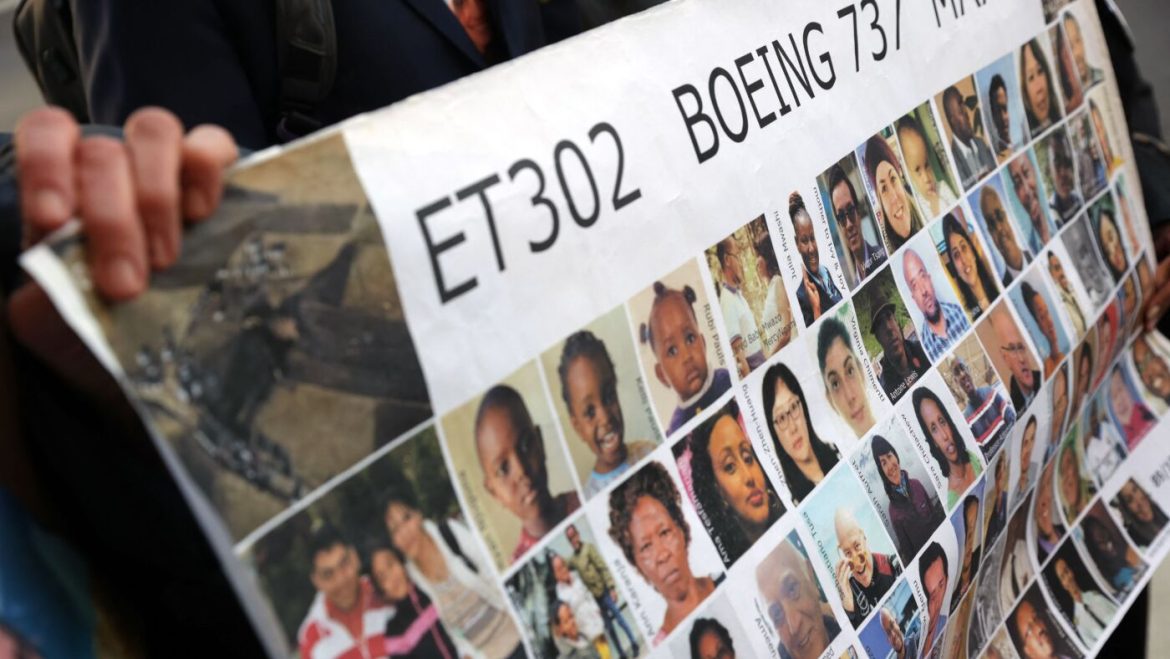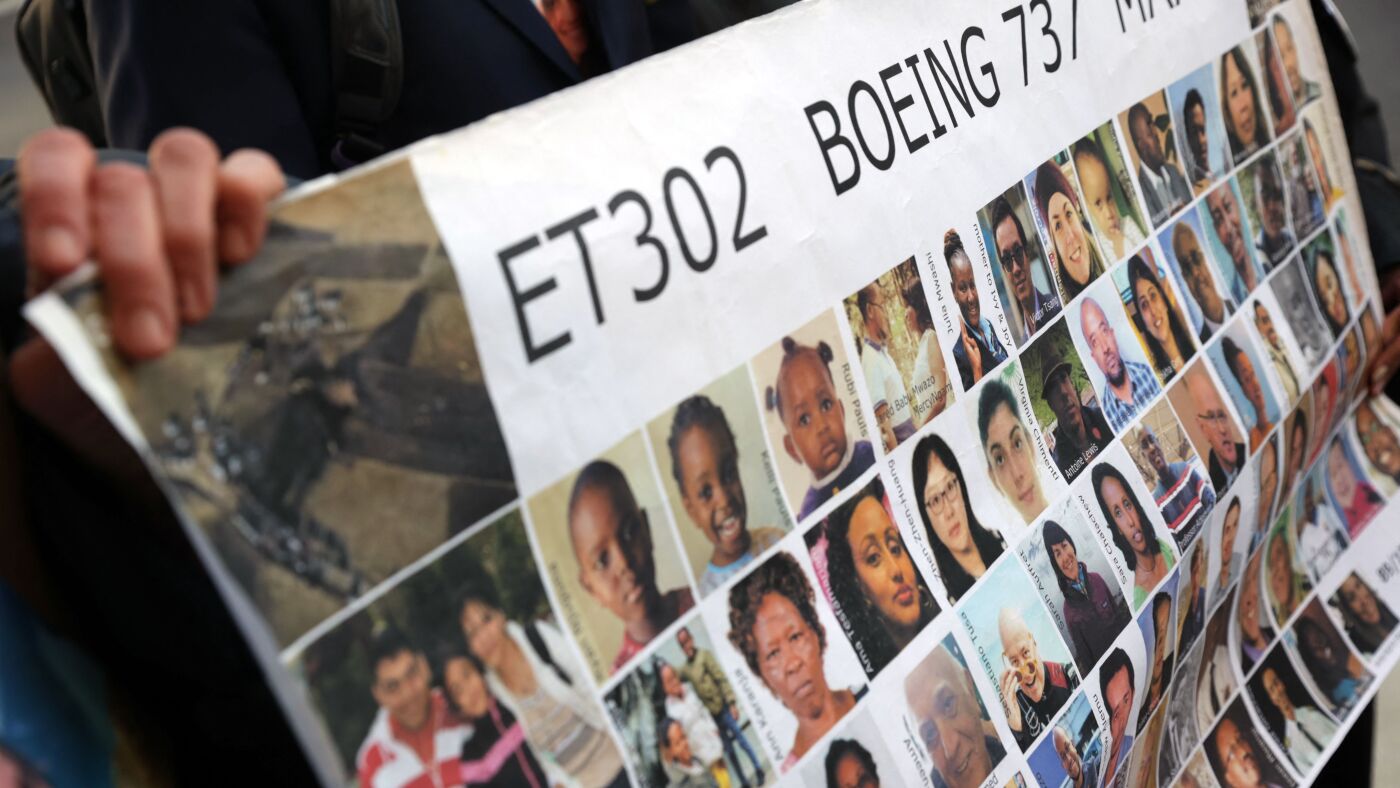The recent developments surrounding the U.S. Department of Justice’s (DOJ) handling of the Boeing 737 Max crashes case reveal a complex and highly contentious legal and ethical saga. Over the past several years, Boeing’s 737 Max jetliner has been at the center of scrutiny following two catastrophic crashes—in 2018 and 2019—that claimed the lives of 346 people globally. Despite initial steps toward criminal accountability, new reports indicate that the DOJ is poised to drop criminal charges against Boeing under a tentative nonprosecution agreement. This prospective resolution, while significant from a legal and corporate perspective, has ignited outrage among victims’ families and raises profound questions about justice, corporate responsibility, and regulatory oversight.
Background: The Crashes and Legal Proceedings
The Boeing 737 Max, once celebrated as a cutting-edge commercial airliner, came under intense investigation after two fatal crashes: Lion Air Flight 610 off Indonesia in 2018 and Ethiopian Airlines Flight 302 in 2019. Both accidents were linked to a malfunctioning flight control system, MCAS (Maneuvering Characteristics Augmentation System), which Boeing allegedly misrepresented to federal regulators. These crashes not only precipitated the worldwide grounding of the 737 Max for nearly two years but also devastated hundreds of families and shattered public trust in Boeing and aviation safety oversight.
In the aftermath, Boeing reached a settlement with the DOJ in January 2021, agreeing to plead guilty to a misdemeanor charge of conspiracy to defraud the Federal Aviation Administration (FAA) and to pay $2.5 billion in penalties, including fines and compensation to victims’ families. However, a federal judge rejected the initial proposed plea deal, citing concerns over its adequacy. Since then, legal negotiations have continued amid ongoing investigations and congressional scrutiny.
DOJ’s Tentative Nonprosecution Agreement: Key Details
Recent reports indicate the DOJ has reached an “agreement in principle” or a tentative nonprosecution deal with Boeing that would allow the aerospace giant to avoid criminal prosecution altogether. This deal reportedly involves Boeing making certain concessions, such as contributing to a victims’ compensation fund, but crucially does not require Boeing to plead guilty to criminal charges. Under this arrangement, Boeing would sidestep a high-profile trial that could further damage the company’s reputation and expose executives to legal jeopardy.
The agreement has been presented to family members of the victims, many of whom expressed outrage and disbelief. They criticize the DOJ’s move as a betrayal of justice, arguing that allowing a major corporation to evade criminal accountability forfeits the deterrent role of the law and diminishes the value of victims’ lives. Some family members and advocacy groups have vowed to object to the agreement publicly and legally, underscoring the persistent tension between corporate power and individual grief.
Implications for Boeing and U.S. Regulatory Integrity
For Boeing, the DOJ’s tentative agreement offers a path to preserving its commercial viability and avoiding protracted legal battles. The company remains a key defense contractor and significant American exporter, adding weight to the argument for minimizing disruption to its operations. However, the decision to avoid prosecution risks further tarnishing Boeing’s image, already marred by the crashes and prior allegations of misleading regulators.
From a regulatory and governance standpoint, the situation highlights serious concerns. The initial fraud charge against Boeing stemmed from misrepresentations to the FAA about safety features, which contributed to regulatory approval of a flawed aircraft design. Dropping criminal charges without a guilty plea may weaken regulatory enforcement and set a concerning precedent that corporate misconduct, even when linked to fatal outcomes, may not meet meaningful legal consequence.
Moreover, the decision arrives amid renewed criticism of the FAA’s certification processes during the development and approval of the 737 Max. It also follows DOJ’s acknowledgment that Boeing breached the terms of the earlier settlement, raising questions about the efficacy of negotiated resolutions without court-imposed sanctions.
Victims’ Families: Outrage and Calls for Justice
The families of those who perished in the crashes bear the emotional and material brunt of the tragedy. Many have actively engaged in advocacy, demanding accountability, transparency, and systemic changes within Boeing and federal aviation oversight. The announcement that Boeing may avoid prosecution has been widely condemned by these families and their legal representatives.
They argue that dismissing criminal charges undermines the severity of Boeing’s alleged deception and diminishes the possibility of justice. These survivors seek recognition of Boeing’s responsibility, not only for the loss of lives but also for the broader lessons that must be learned to prevent future disasters. The families’ public protests and objections emphasize the human cost behind the legal jargon and corporate negotiation tables.
Wider Public and Political Reactions
The DOJ’s move has drawn attention from lawmakers and the public, with several U.S. senators urging the department to reconsider allowing Boeing to avoid criminal prosecution. The political discourse centers on whether corporate settlements sufficiently serve the public interest and maintain integrity in federal enforcement.
Critics argue that the nonprosecution deal could undermine faith in the judicial process, especially where loss of life is involved, and that it might embolden other corporations to prioritize negotiation leverage over ethical responsibility. Supporters of the resolution sometimes contend that the extensive financial penalties and operational reforms Boeing has undertaken constitute an adequate response without prolonged litigation.
The Path Forward: Uncertainty and Accountability
While the agreement is described as an “agreement in principle,” it still requires finalization and judicial approval. Litigation or legislative actions might influence the outcome, as advocacy groups and lawmakers push for harsher consequences.
This case serves as a critical junction for the aviation industry, legal frameworks for corporate accountability, and government regulatory practices. The outcome will likely impact how future cases of corporate negligence resulting in fatalities are approached concerning criminal liability.
Conclusion: A Defining Moment in Corporate Justice
The DOJ’s apparent decision to drop criminal charges against Boeing relating to the 737 Max crashes crystallizes the ongoing conflict between legal pragmatism, corporate interests, and the pursuit of justice for victims of corporate wrongdoing. The devastating losses caused by the crashes of 346 lives demand far-reaching institutional reflection, not only within Boeing but also in federal regulatory agencies and the justice system.
As families continue to demand recognition and accountability, the broader public voices concern over the precedent this case sets for holding corporations criminally responsible when safety and truth are compromised with tragic consequences. The resolution of this case will echo far beyond the courtroom, shaping perceptions of justice, corporate ethics, and regulatory oversight for years to come.


